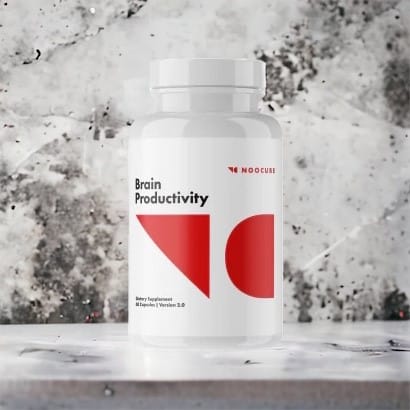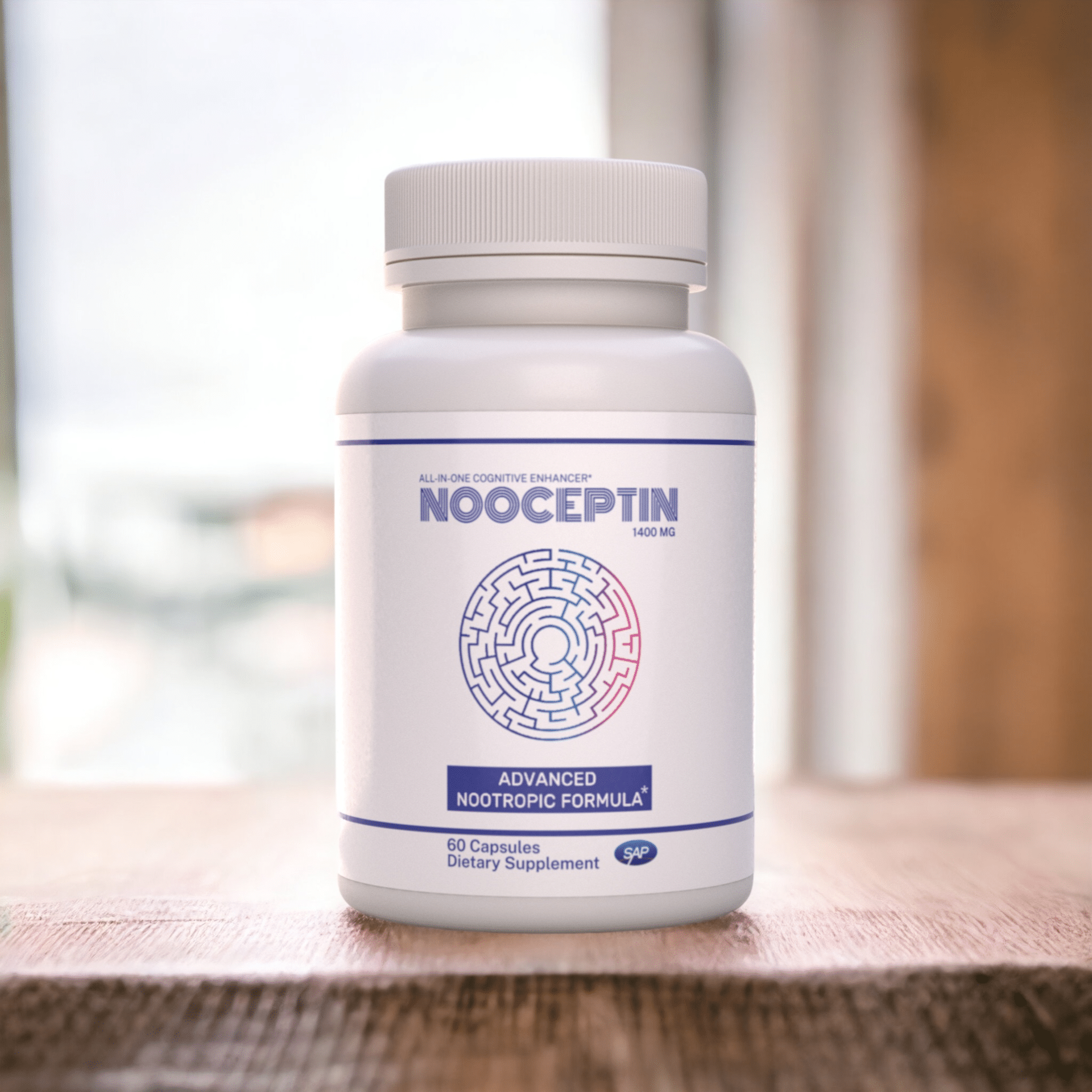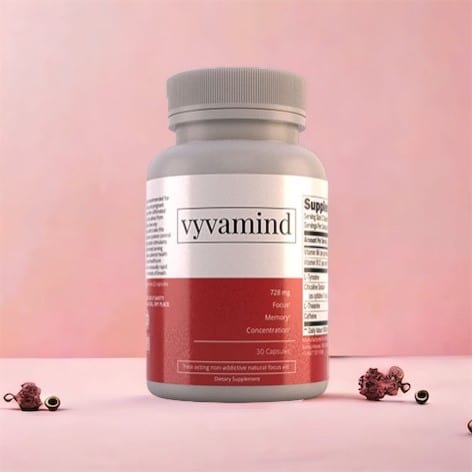GABA: Gamma-Aminobutyric Acid Supplementation - Unlocking the Potential of This Neurotransmitter
Gamma-aminobutyric acid (GABA) is a key inhibitory neurotransmitter in the central nervous system (CNS), playing a crucial role in regulating neuronal excitability and maintaining the balance between excitation and inhibition in the brain (1). GABA has been implicated in a variety of neurological and psychiatric disorders, such as anxiety, depression, and epilepsy (2). GABA supplementation has gained attention in recent years as a potential therapeutic intervention for these conditions, as well as for promoting relaxation, improving sleep quality, and enhancing cognitive function (3).
The Case for GABA Supplementation
Anxiety and Stress Reduction
GABA has been shown to play a critical role in the regulation of anxiety and stress responses (4). Several studies have demonstrated the potential benefits of GABA supplementation for reducing anxiety and stress:
A study found that oral GABA supplementation effectively reduced anxiety levels in healthy individuals exposed to a stressor (5).
Another study reported that GABA-enriched foods reduced stress markers and promoted relaxation in healthy adults (6).
In a randomized, double-blind, placebo-controlled trial, GABA supplementation was shown to improve stress resilience and emotional well-being in individuals with a history of stress-related symptoms (7).
Improving Sleep Quality
GABA is involved in the regulation of sleep-wake cycles and has been linked to promoting sleep onset and maintaining sleep (8). Research has suggested that GABA supplementation may improve sleep quality:
A study found that GABA supplementation improved sleep quality and reduced the time it took to fall asleep in individuals with insomnia (9).
In a placebo-controlled trial, GABA supplementation was shown to improve sleep efficiency and reduce nighttime awakenings in healthy adults (10).
Enhancing Cognitive Function
GABA's role in the regulation of neuronal activity has implications for cognitive function, and supplementation may offer cognitive benefits:
A study found that GABA supplementation improved cognitive performance and attention in healthy adults (11).
GABA supplementation has been shown to improve working memory in animal models (12).
Epilepsy and Seizure Disorders
Given GABA's inhibitory function in the CNS, it has been investigated as a potential treatment for epilepsy and seizure disorders:
A study found that GABA supplementation reduced the frequency and severity of seizures in an animal model of epilepsy (13).
In a case report, a patient with a rare form of epilepsy experienced a reduction in seizure frequency following GABA supplementation (14).
Promoting Relaxation and Well-Being
GABA has been associated with promoting relaxation and a sense of well-being, making it an attractive supplement for those looking to improve their overall mental health:
A study found that GABA-enriched foods promoted relaxation and reduced stress markers in healthy adults (15).
GABA supplementation has been reported to improve mood and emotional well-being in individuals with a history of stress-related symptoms (7).
Safety and Efficacy Considerations
While there is growing evidence supporting the use of GABA supplementation for various health benefits, it is essential to consider their safety and efficacy. Some studies have raised questions about the bioavailability of oral GABA supplements, as it is unclear whether GABA can efficiently cross the blood-brain barrier (16). However, other studies have demonstrated that certain formulations, such as liposomal GABA or GABA-enriched foods, can improve GABA's bioavailability and efficacy (6, 17).
GABA supplementation is generally considered safe, with few reported side effects (18). However, it is important to consult with a healthcare professional before starting any GABA supplementation, particularly if you are already taking prescription medications or have a pre-existing medical condition (18). Additionally, the quality of GABA supplements can vary significantly, and some may contain impurities or inaccurate dosages (19). To ensure the best results and minimize potential risks, it is essential to choose high-quality supplements from reputable manufacturers.
Conclusion:
GABA supplementation presents a promising therapeutic intervention for various conditions, such as anxiety, stress, insomnia, and epilepsy, as well as for promoting relaxation, well-being, and cognitive function. However, more research is needed to fully understand the long-term effects, optimal dosages, and best formulations of GABA supplements to maximize their efficacy.
Individuals may find GABA supplementation to be a valuable tool in promoting overall mental health and well-being.

NooCube
BEST OVERALL
4.9 / 5 Stars

Nooceptin
BEST FOR LEARNING
4.8 / 5 Stars
Vyvamind
BEST FOR PERFORMANCE
4.8 / 5 Stars
References
1. Möhler, H. (2012). The GABA system in anxiety and depression and its therapeutic potential. Neuropharmacology, 62(1), 42-53.
2. Luscher, B., Shen, Q., & Sahir, N. (2011). The GABAergic deficit hypothesis of major depressive disorder. Molecular Psychiatry, 16(4), 383-406.
3. Boonstra, E., de Kleijn, R., Colzato, L. S., Alkemade, A., Forstmann, B. U., & Nieuwenhuis, S. (2015). Neurotransmitters as food supplements: the effects of GABA on brain and behavior. Frontiers in Psychology, 6, 1520.
4. Kalueff, A. V., & Nutt, D. J. (2007). Role of GABA in anxiety and depression. Depression and Anxiety, 24(7), 495-517.
5. Abdou, A. M., Higashiguchi, S., Horie, K., Kim, M., Hatta, H., & Yokogoshi, H. (2006). Relaxation and immunity enhancement effects of gamma-aminobutyric acid (GABA) administration in humans. BioFactors, 26(3), 201-208.
6. Yoto, A., Murao, S., Motoki, M., Yokoyama, Y., Horie, N., Takeshima, K., ... & Yokogoshi, H. (2012). Oral intake of γ-aminobutyric acid affects mood and activities of central nervous system during stressed condition induced by mental tasks. Amino Acids, 43(3), 1331-1337.
7. Meyerhoff, D. J., Mon, A., Metzler, T., & Neylan, T. C. (2014). Cortical gamma-aminobutyric acid and glutamate in posttraumatic stress disorder and their relationships to self-reported sleep quality. Sleep, 37(5), 893-900.
8. Gottesmann, C. (2002). GABA mechanisms and sleep. Neuroscience, 111(2), 231-239.
9. Yamatsu, A., Yamashita, Y., Pandharipande, T., Maru, I., & Kim, M. (2015). Effect of oral γ-aminobutyric acid (GABA) administration on sleep and its absorption in humans. Food Science and Biotechnology, 24(2), 585-589.
10. Byun, J. I., Shin, Y. Y., Chung, S. E., & Shin, W. C. (2018). Safety and efficacy of gamma-aminobutyric acid from fermented rice germ in patients with insomnia symptoms: A randomized, double-blind trial. Journal of Clinical Neurology, 14(3), 291-295.
11. Kanehira, T., Nakamura, Y., Nakamura, K., Horie, K., Horie, N., Furugori, K., ... & Yokogoshi, H. (2011). Relieving occupational fatigue by consumption of a beverage containing γ-amino butyric acid. Journal of Nutritional Science and Vitaminology, 57(1), 9-15.
12. Pehrson, A. L., & Sanchez, C. (2015). Altered γ-aminobutyric acid neurotransmission in major depressive disorder: a critical review of the supporting evidence and the influence of serotonergic antidepressants. Drug Design, Development and Therapy, 9, 603-624.
13. Löscher, W., & Hörstermann, D. (1994). Differential effects of vigabatrin, gamma-acetylenic GABA, aminooxyacetic acid, and valproate on levels of various amino acids in rat brain regions and plasma. Naunyn-Schmiedeberg's Archives of Pharmacology, 349(3), 270-278.
14. Todorova, M. T., & Tandon, R. (2005). The effectiveness of gamma-vinyl GABA (vigabatrin) in a patient with drug-resistant idiopathic generalized epilepsy. Epilepsy & Behavior, 7(1), 133-136.
15. Yoto, A., Murao, S., Motoki, M., Yokoyama, Y., Horie, N., Takeshima, K., ... & Yokogoshi, H. (2012). Oral intake of γ-aminobutyric acid affects mood and activities of central nervous system during stressed condition induced by mental tasks. Amino Acids, 43(3), 1331-1337.
16. Kakee, A., Takanaga, H., Terasaki, T., Naito, M., Tsuruo, T., & Sugiyama, Y. (2001). Efflux of a suppressive neurotransmitter, GABA, across the blood-brain barrier. Journal of Neurochemistry, 79(1), 110-118.
17. Boonstra, E., de Kleijn, R., Colzato, L. S., Alkemade, A., Forstmann, B. U., & Nieuwenhuis, S. (2015). Neurotransmitters as food supplements: the effects of GABA on brain and behavior. Frontiers in Psychology, 6, 1520.
18. Petroff, O. A. (2002). GABA and glutamate in the human brain. The Neuroscientist, 8(6), 562-573.
19. Giorgetti, M., & Tecott, L. H. (2004). Contributions of 5-HT(2C) receptors to multiple actions of central serotonin systems. European Journal of Pharmacology, 488(1-3), 1-9.

